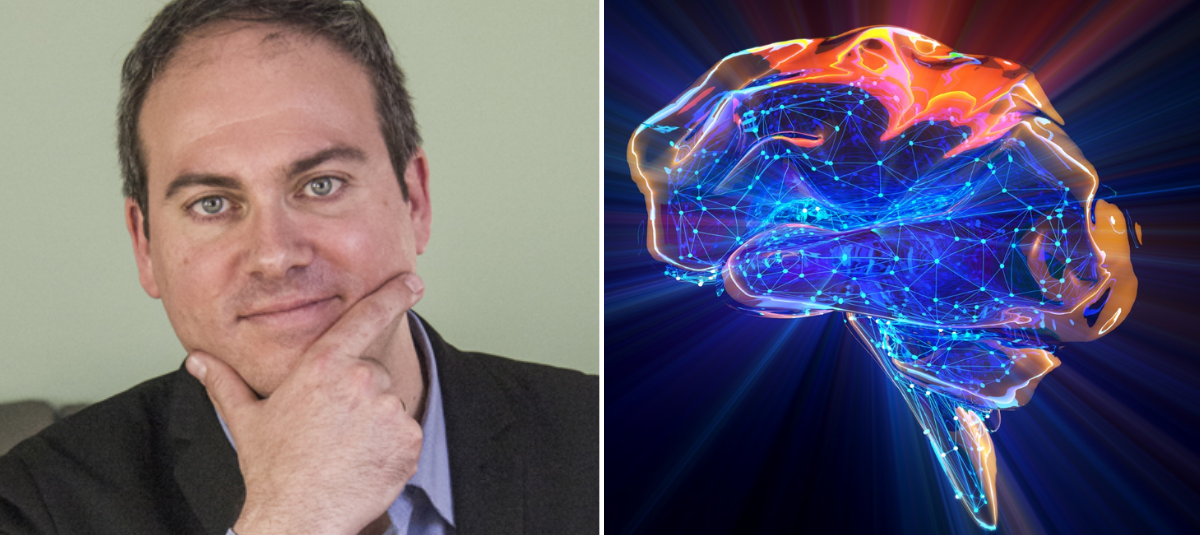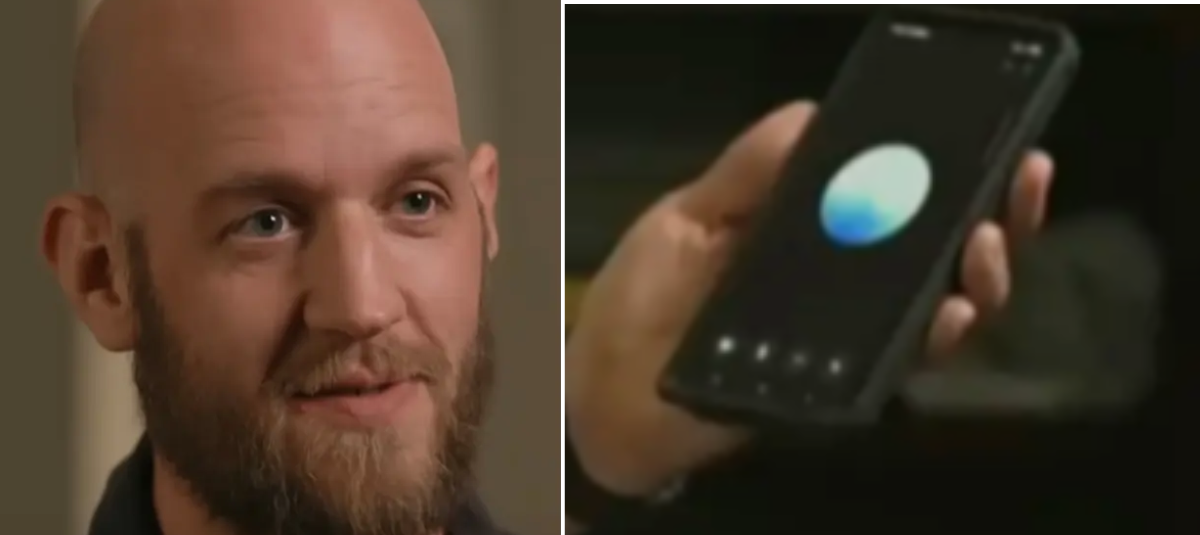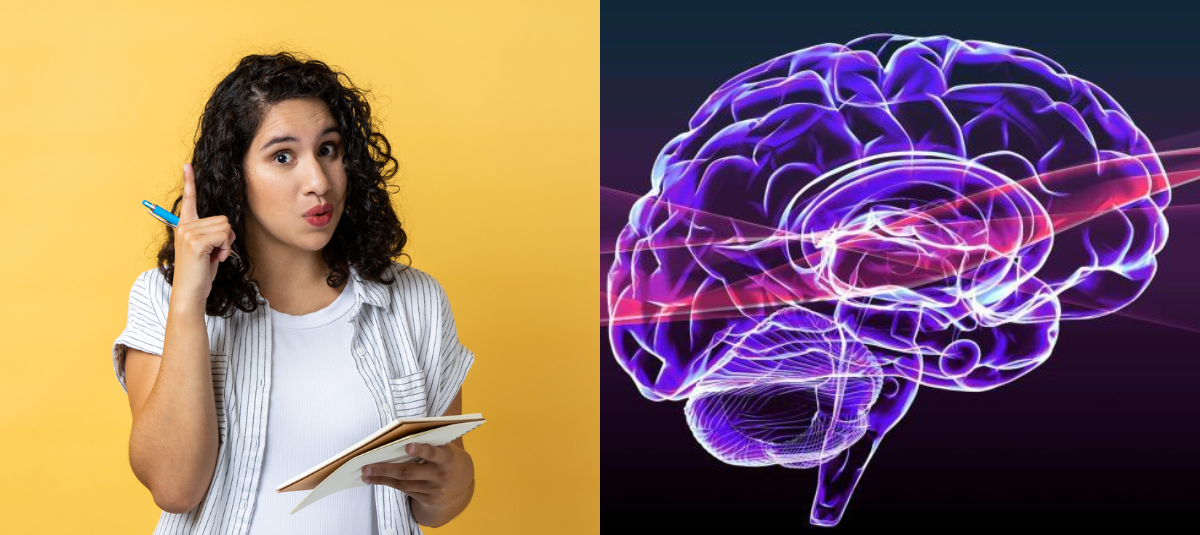Psychologist explains what false memory syndrome is and how it works

Hello !, Your email has been verified. Now you can choose the newsletters you want to receive with the best information.
Welcome , you've created your EL TIEMPO account. Learn about and customize yourprofile .
Hello Clementine, the email [email protected] has not been verified. Verify Email
You already have an account linked to EL TIEMPO. Please log in with it and don't miss out on all the benefits we have for you. Log in
Which Colombian city is classified as the most dangerous in the world?
How is the trial of former President Álvaro Uribe going?
Bus accident in Calarcá?
Unusual cold in Bogotá explained by Ideam
Who is James Rodriguez?
James Rodríguez is a Colombian footballer who plays as a midfielder for São Paulo Futebol Clube in the Brazilian Serie A.
We're resolving the issue, please try again later.
Memories with little information are completed by the brain. Photo: iStock
Traumatic events can also alter memories. Photo: iStock
READ ALSO

Memories are not an accurate record of events. Photo: iStock
READ ALSO

False memory syndrome. Photo: iStock
READ ALSO

Follow all the Culture news on Facebook and X , or in our weekly newsletter .
eltiempo





